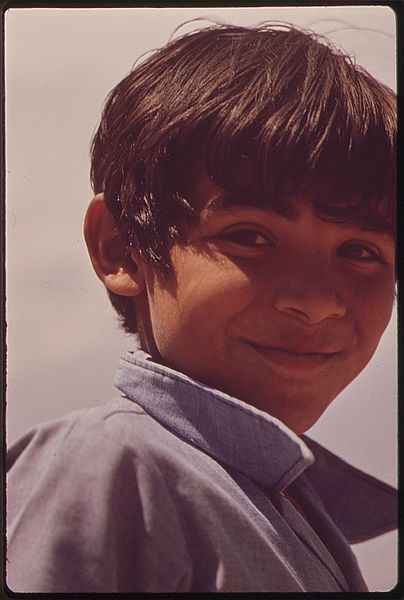By Jeff Caruso, Executive Director
A few weeks ago, I attended a town hall meeting in Lawrenceville. It was an unforgettable experience, and I have reflected on it frequently since then. Hundreds of people – probably close to 1,000 – packed the Brunswick High School auditorium that evening. Almost every speaker told the federal officials present not to move forward with a plan to use the campus of the town’s former St. Paul’s College, which closed last year, to house unaccompanied children who migrated to the United States from Guatemala, Honduras, and El Salvador to flee gang violence.
Many residents complained that the plan had been developed without local input. They argued that, while these migrant children faced desperate circumstances, many people who live in Lawrenceville are also very poor and don’t have healthcare or other needed services for their own children. The federal officials admitted there had been communication missteps in rolling out the plan, and given the loud and clear public outcry they decided to shelve it.
In the weeks since the meeting, I have reflected deeply on the plights of those who are suffering and crying out for our attention and concern – migrant children from other countries escaping unimaginable circumstances, as well as families in our own communities who are trapped in poverty.
I offer no opinion on whether the decision in Lawrenceville was for the best; people much closer to the situation can better discern that. But beyond Lawrenceville, two broader ideas have crystalized in my own mind: (1) we must continue pursuing policies – such as access to health insurance, affordable housing, and school choice – that will address the needs of fellow Virginians who are struggling to make ends meet; and (2) we must protect children coming to this country after fleeing unspeakable violence. Last month, Bishop Mark Seitz of El Paso, testifying before the U.S. House Judiciary Committee, called the number of children crossing the Mexico-U.S. border “a test of the moral character” of our nation. “We must not fail this test,” he said.
As a nation, we are searching for answers on how to pass this test. And, as Bishop Seitz recommended to Congress, a good start would be to recognize that (1) unaccompanied child migration is a humanitarian crisis; (2) we must do what is best for these children; and (3) the root causes driving this forced migration must be examined and addressed.
In the words of Bishop Seitz, “Indeed, Jesus Himself was a child migrant fleeing violence. Jesus, Mary, and Joseph were asylum-seekers and faced the same choice as the one facing thousands of children fleeing to the United States each year.”
May this same Holy Family touch our hearts to help all who are suffering, including the invisible poor in our own communities as well as children much farther away who are fleeing horrors few of us have ever seen.
